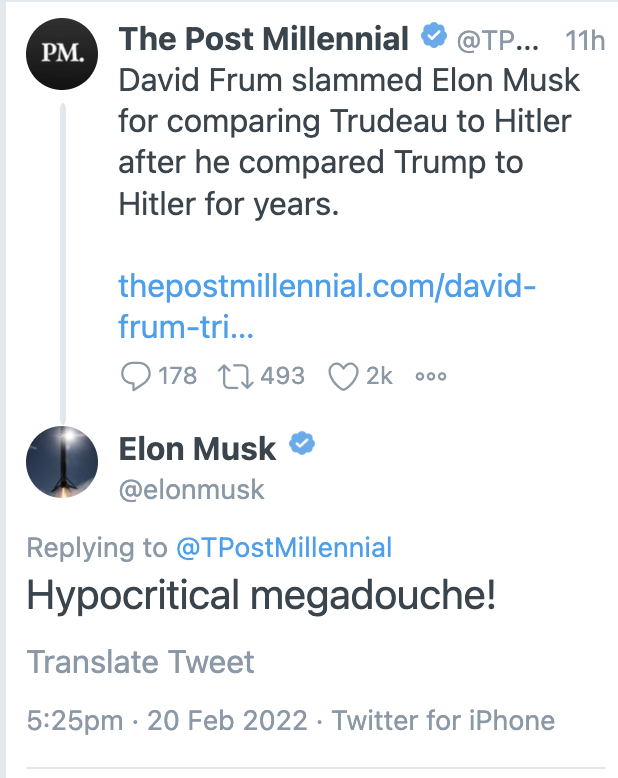
THREAD
Canada's Parliament to vote today on Emergency Act: a first opportunity to end the emergency if MPs so wish. Trudeau says he'll regard vote as a confidence measure - meaning that if he loses, his government will resign and an election will be called.
Canada's Parliament to vote today on Emergency Act: a first opportunity to end the emergency if MPs so wish. Trudeau says he'll regard vote as a confidence measure - meaning that if he loses, his government will resign and an election will be called.
Trudeau's party lacks a majority in Canadian federal House of Commons, so he'll need cross-partisan support to a) uphold the emergency and b) stay in office.
Even if MPs vote with Trudeau this time, they can still vote to void any individual emergency measure if they want.
Even if MPs vote with Trudeau this time, they can still vote to void any individual emergency measure if they want.
If Parliament does approve the emergency and does vote confidence in Trudeau's government, Trudeau next must organize a special committee of MPs and senators to review his actions.
The courts will also review government actions under Canada's Charter of Rights
The courts will also review government actions under Canada's Charter of Rights
The emergency will automatically expire within 30 days unless Parliament affirmatively votes to extend.
Once the emergency does terminate, an independent inquiry will review the government's actions and report to Parliament on how the government used its temporary powers.
Once the emergency does terminate, an independent inquiry will review the government's actions and report to Parliament on how the government used its temporary powers.
When the elder Trudeau invoked emergency powers in 1970 to combat a terrorist cell in Quebec, public opinion backed him at first. But perceived abuses of power swung opinion against him, and his party suffered serious losses in the next federal election of 1972.
Polls suggest that Canadian public opinion is closely divided on Trudeau's emergency actions. He's got a small majority behind him for now - but probably only for now. Say what you will about *him.* Canadian democracy and Canadian freedom remain secure, robust, and lively.
• • •
Missing some Tweet in this thread? You can try to
force a refresh





